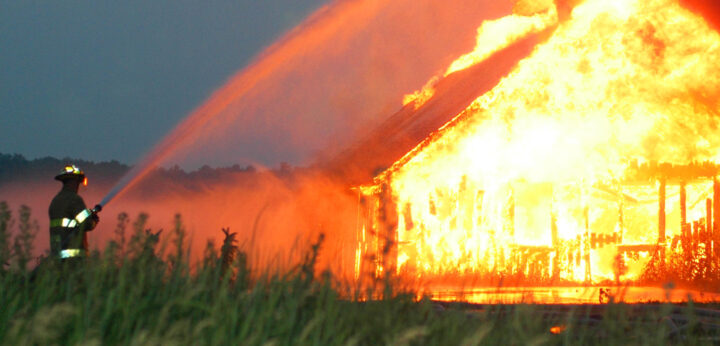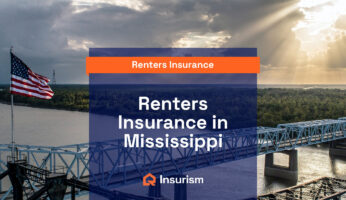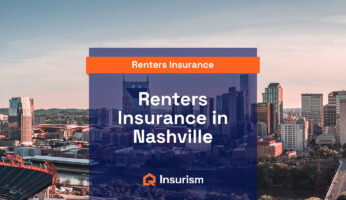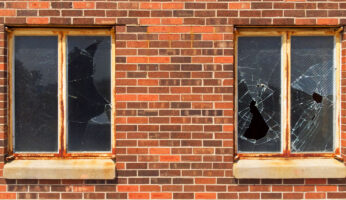Table of Contents
When is fire damage covered by renters insurance?
Fire damage is almost always covered by renters insurance. Renters insurance covers the following types of fire damage:
- Electrical fires
- Grease fires
- Chimney fires
- Accidental fires
- Wildfire
- Fire damage caused by earthquakes
- Arson (caused by somebody else)
Renters insurance also covers damage from smoke caused by the fire.
There are some exceptions when renters insurance does not cover fire damage.
When is fire damage not covered by renters insurance?
Renters insurance doesn’t cover fire damage when you started the fire intentionally. If you burn your garage in the hopes of getting reimbursed … you won’t be.
Your provider also won’t cover a fire that you caused through gross negligence. If you leave an open canister of gasoline next to your gas-burning stove, you won’t be covered.
What types of coverage does renters insurance offer for fire damage?
If you’ve read our article on what renters insurance is, you know that renters insurance offers personal property, loss-of-use, and liability coverage for fire damage.
Personal property
With a few exceptions, renters insurance will reimburse you for any personal property you lose in the fire or that was damaged by the smoke. The exceptions to this are:
- Your building: The actual structure that you live in is never covered by renters insurance because it’s your landlord’s responsibility. Their insurance policy will cover it.
- Your car: Motor vehicles are also never covered by renters insurance. To protect your car from fire damage, you need to buy a separate auto insurance policy. However, if your belongings inside the car get damaged in the fire, your renters insurance will reimburse you for the contents.
Loss-of-use coverage
If the fire destroys your home and forces you to evacuate, your policy’s loss-of-use provision will reimburse you for the additional living expenses you incur, such as:
- New accommodations (hotel or temporary rental)
- A longer and more expensive commute
- Meals and groceries
The policy aims to restore your normal living standards and will cover the excess of what you normally spend.
For example, if there’s a fire in your kitchen and you have to stay at a hotel for a week while it’s being repaired, your provider will pay for your hotel stay. It will also cover some extra living expenses, such as those incurred due to having to eat at restaurants instead of at home. You may have to provide receipts documenting your typical living expenses, such as what you normally spend on groceries.
Liability coverage
If you negligently caused the fire in your building and your landlord or neighbors seek compensation from you, your renters insurance may cover some of your liability, including legal expenses and medical bills.
However, if the fire is due to your negligence, you may not be able to claim for personal property damage.
What if there’s a fire in my apartment and I have no renters insurance?
If you have no renters insurance and there’s a fire in your apartment, you may end up paying out of pocket for a huge loss – not just for your damaged personal property, but possibly legal and medical expenses if the fire was due to your negligence.
While renters insurance isn’t required by law, we recommend being proactive about getting renters insurance so you don’t end up in this situation. You should also think about installing fire safety features in your apartment to prevent fires from happening at all. Consider installing:
- Smoke detector or carbon monoxide alarm
- Fire extinguisher
- A sprinkler system
Because fire is one of the most common covered perils, insurers often offer discounts to renters who have these safety features.
Related Questions
- What is guest medical coverage in renters insurance?
- What is a sub-limit in renters insurance?
- Does renters insurance cover home-based businesses?
- Does renters insurance cover gold or silver bullion?
- What does "dependent in the care of" mean in renters insurance?
- Does State Farm renters insurance cover hotel stays?






